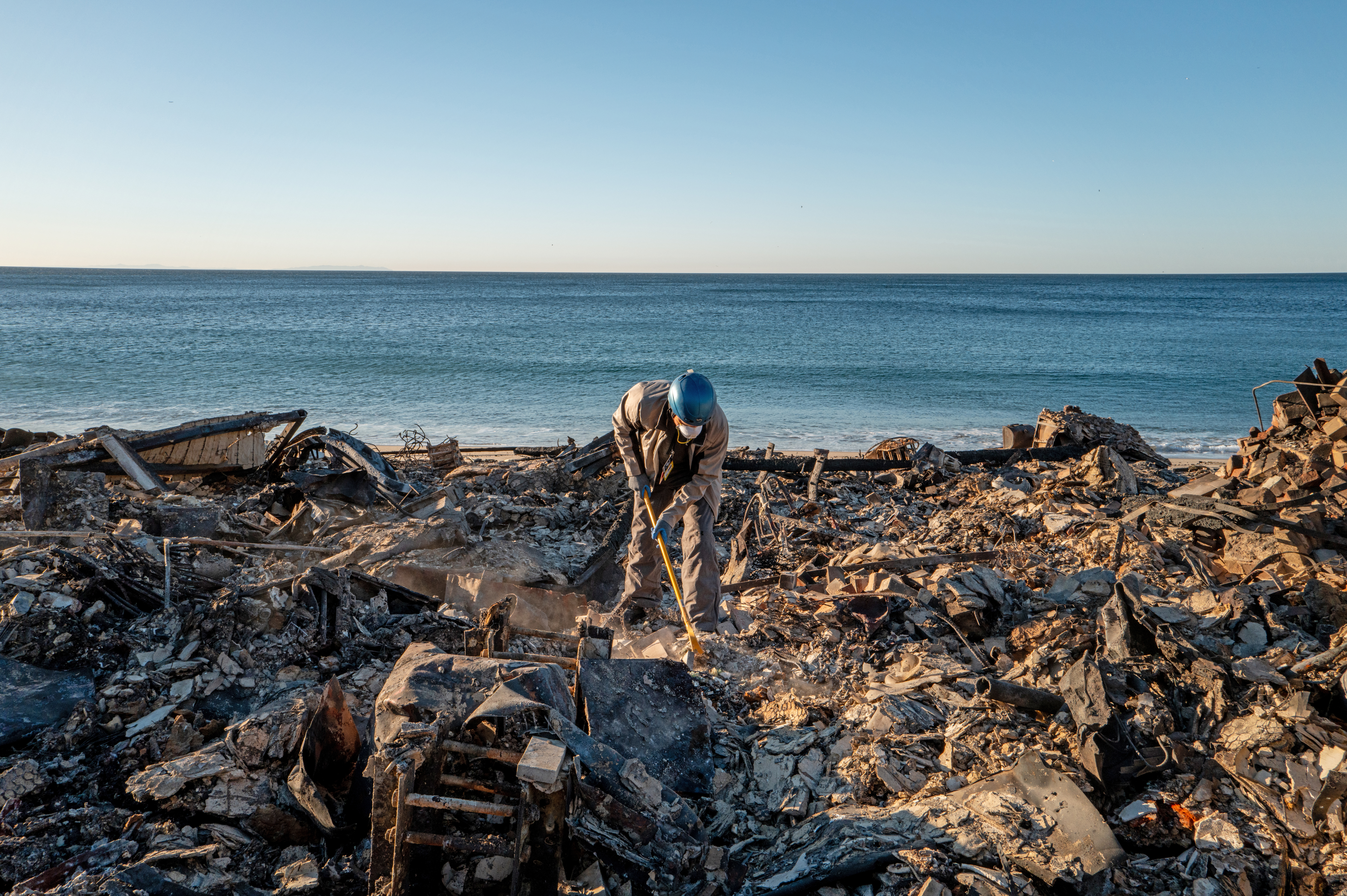Here are things you can do to protect yourself if a fire breaks out in your area, from filtering air to protecting your pets.
Wildfire smoke can affect the health and safety individuals and their pets, even when living or traveling far from the source of the blaze.
The CDC's top safety tip for wildfire smoke protection is to check your local air quality by tracking Air Quality Index, as well as listening to the recommendations of local emergency management officials.
Here are some other tips on how to reduce exposure from smoke and how to manage around your household if fires are causing bad air quality in your area:
- Choose a room to close off from outside air, and if possible, set up a portable air filter in it
- Avoid burning anything indoors
- Central air conditioning should be set it to high-efficiency filters labeled “HEPA” or MERV 13
- If you have to go outside, wear an N95 or P100 mask with two straps that will filter out smoke when you breathe
Get top local stories in Southern California delivered to you every morning. Sign up for NBC LA's News Headlines newsletter.
Southern California wildfires continue
Extreme conditions are expected Wednesday as more than 80,000 residents have evacuated and more than 1,400 firefighters tackle blazes across the Los Angeles area
What are symptoms of breathing in wildfire smoke?
Wildfire smoke can cause coughing, trouble breathing, wheezing, stinging eyes, scratchy throat, runny nose, irritated sinuses, headaches, chest pain and more
Who is most at risk from wildfire smoke?
Multiple studies suggest young children, especially those under the age of 4, are at high-risk when the Air Quality Index goes above 100.
Additionally, women who are pregnant and people with asthma, chronic obstructive pulmonary disease (COPD), heart disease, diabetes and chronic kidney disease are at high risk.

How does wildfire smoke impact pets?
Keep your pets in the room with you, and call your vet if they have the following: coughing or gagging, red or watery eyes, nasal discharge, trouble breathing, fatigue or weakness, disorientation or reduced appetite or thirst.
Animals with heart or lung disease and older pets are especially at risk from smoke, as well as pet birds.




